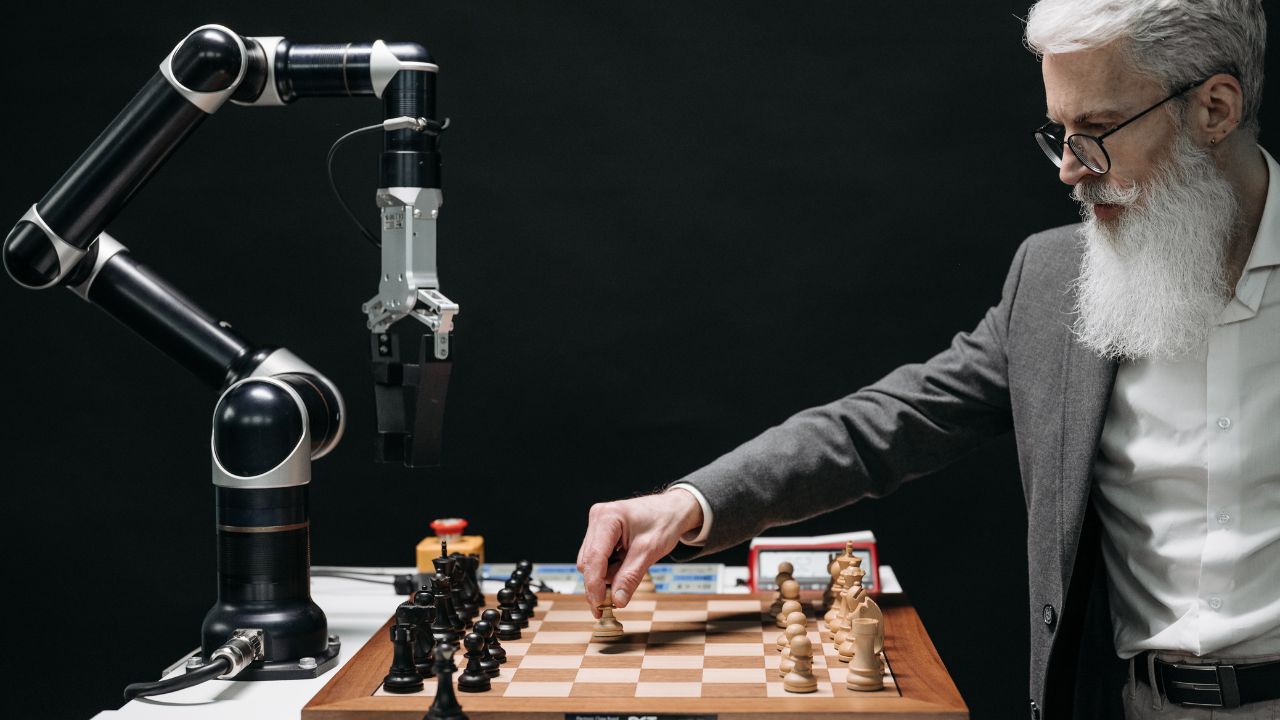Health & Medicine, New Zealand (Commonwealth Union) – The rapid development of Artificial Intelligence (AI) is set to rapidly transform just about every aspect of our daily lives, from finance with the prediction of future market analysis to finding the most suitable product for an individual where at times the individual himself may not know what he or she wants.
AI may soon extend towards companionship with companion robots improved with AI that could possibly eliminate the loneliness epidemic, according to a new report from scientists in New Zealand and the USA at Auckland, Duke, and Cornell Universities.
The study that was published in the July issue of Science Robotics, explored certain ethical considerations for governments, policy makers, technologists, as well as clinicians, with encouragement for stakeholders to join hands for a speedy development in guidelines for trust, agency, engagement, as well as real-world efficacy.
It further suggests a new method to gage if a companion robot is assisting an individual.
Murali Doraiswamy, MBBS, FRCP, a professor of Psychiatry and Geriatrics at Duke University and a member of the Duke Institute for Brain Sciences, emphasizes that having a real friend remains the ultimate solution. However, until society places greater importance on social connectedness and eldercare, robots can serve as a viable option for the millions of isolated individuals who lack other alternatives.
Recent studies from the Survey Center on American Life indicate that the number of Americans without close friends has quadrupled since 1990. Loneliness and social isolation are becoming increasingly prevalent worldwide, affecting approximately a third of the global population and carrying severe health consequences, including a higher risk of mental illness, obesity, dementia, and premature death. Notably, the U.S. Surgeon General Vivek H. Murthy, M.D., has even suggested that loneliness may be as harmful to health as smoking cigarettes.
As adults find it more challenging to form new friendships and alleviate loneliness, developing companion robots to support socially isolated older adults holds promise as a potential solution. These robots can offer much-needed companionship and emotional support to address the growing issue of social isolation among the elderly.
“AI presents exciting opportunities to give companion robots greater skills to build social connection,” explained Elizabeth Broadbent, Ph.D., professor of Psychological Medicine at Waipapa Taumata Rau, University of Auckland. “But we need to be careful to build in rules to ensure they are moral and trustworthy.”
Social robots like ElliQ have engaged in thousands of interactions with human users, with a significant portion centered around providing simple companionship, such as sharing a cup of tea or coffee. Research on companion robots is growing, indicating that they can effectively reduce stress and loneliness while helping older individuals maintain their health and active lifestyle at home.
The newer generation of robots, equipped with advanced AI programs, has the potential to forge stronger social connections with humans compared to their predecessors. Generative AI, like ChatGPT, enables robots to engage in more natural and spontaneous conversations, even mimicking the voices of deceased friends and loved ones.
Doctors are generally supportive of the idea of social robots as well. A survey of 307 care providers in Europe and the United States revealed that 69% of physicians believed that companion robots could offer valuable companionship, alleviate isolation, and potentially improve patients’ mental health. Additionally, 70% of doctors felt that insurance companies should cover the cost of companion robots if they prove to be effective in supplementing friendship. However, assessing a robot’s impact presents challenges due to the lack of concrete measurability.
To address this issue, the authors are working on developing patient-rated outcome measures, such as the “Companion Robot Impact Scale” (Co-Bot-I-7). This scale aims to gauge the impact of companion robots on physical health and loneliness and is already showing promising signs that these machines might be proving effective in fulfilling their roles.








